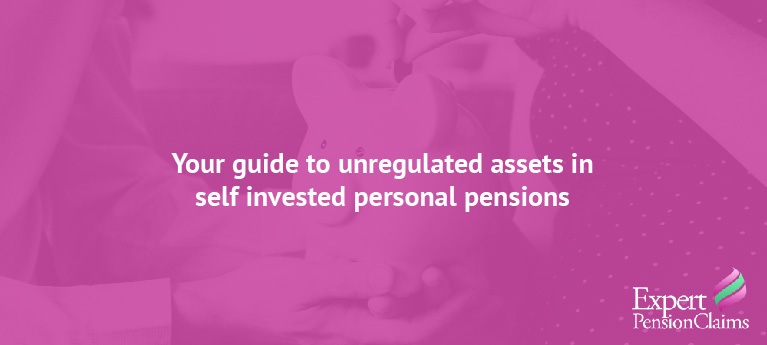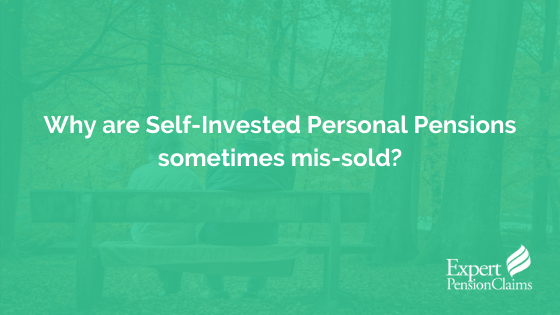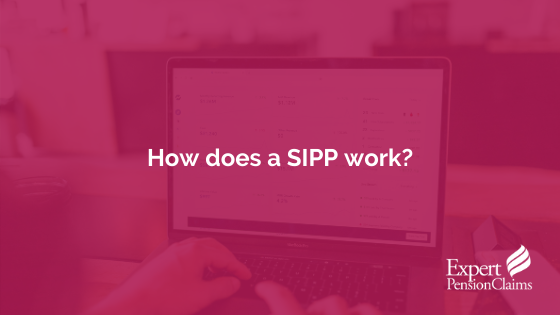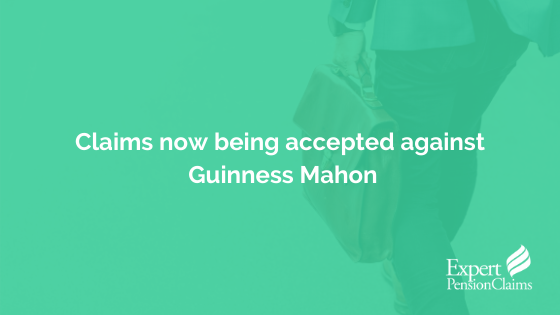Self invested personal pensions (SIPPs) are an ideal choice if you’ve become disillusioned with your current pension. Perhaps you’d hoped to see more growth from your savings, and you’d like to take matters into your own hands. For such reasons, SIPPs are a firm favourite.
However, SIPPs come with their own risks and if you’re going down this route then you need to be able to trust the system. You need to be confident that the system has enough regulations to protect you (as much as it can given that with a SIPP you’re shouldering a lot of the responsibility).
Which is precisely why there have been calls for the ban of unregulated assets in SIPPs. But, what does this all mean? With this article we hope to clear the confusion so that you can choose a SIPP confidently.
Introduction to SIPPs
First, a quick introduction to self invested personal pensions. As we’ve already said, there are more risks involved with SIPPs than there are other types of savings. You should only choose to take out a SIPP product if you have previous investment experience. SIPPs give seasoned investors the opportunity to be riskier with their pension pots because, generally speaking, they’re already comfortable with risk.
The long-term returns from a SIPP relies on where the money is invested. With a SIPP, you can invest directly in a range of different assets, including:
- Stocks and shares in the UK
- Foreign stocks and shares
- Commercial property
- Gifts and bonds
- Investment trusts
- Unit trusts
There will likely be other investment opportunities depending on who your SIPP provider is, and likewise those outlined above may not be available.
What do we consider ‘unregulated assets’
The term ‘unregulated assets’ refers to investment opportunities that, unlike those listed above’ are not protected by any kind of financial regulation. They range from the questionable to the downright bogus, and are usually offered through cold-calling and unregulated so-called ‘introducers’.
These introducers use promises of ‘sky-high returns’ to entice unsuspecting consumers to put their savings into investment opportunities that have subsequently folded (or inevitably will do in time).
Why is there a call to ban them?
Where the financial services industry is concerned, a culture of mistrust has spread among the majority of consumers. A comprehensive report published by The Transparency Task Force shows an immediate need for the industry to regain consumer confidence. There is a rising consensus that says this should start with the ban of unregulated assets in SIPPs.
This is backed up by the amount of complaints received by the Financial Ombudsman, which includes an 86% increase in SIPP-related complaints. IFAs (independent financial advisers) were the main talking point of all the complaints, showing a distinct lack of trust and confidence in IFAs in general. Needless to say, this affects the financial services industry because the IFAs in question are the minority – consumers still need IFAs.
“If the sector wishes to regain the trust of consumers, it seems essential that new approaches are adopted”
Speaking on the call to ban unregulated assets, former pensions minister Ros Altmann thinks that urgent changes need to be made in order for the industry to recover from years of negative perceptions. He said:
“If the sector wishes to regain the trust of consumers, it seems essential that new approaches are adopted.
“Although the public think that financial institutions’ main role should be safeguarding people’s money, there is a sense of disillusion and scepticism about the motives of financial firms.
“Rogue traders, lax regulation and unregulated products have caused major scandals and losses, feeding the perception that regulators are always behind the curve, sweeping up after the fact, rather than pre-empting and preventing problems in the first place.”
To conclude, the financial services industry must work to eradicate the negative perceptions that are created by rogue IFAs.
Have you been mis-sold a SIPP product?
If you suspect that you have been mis-sold a SIPP product by one of these advisors, you should get in touch with us immediately. Anywhere on our website you can fill out a short claims form which takes just 30 seconds to complete. Alternatively, you can contact us directly here.














